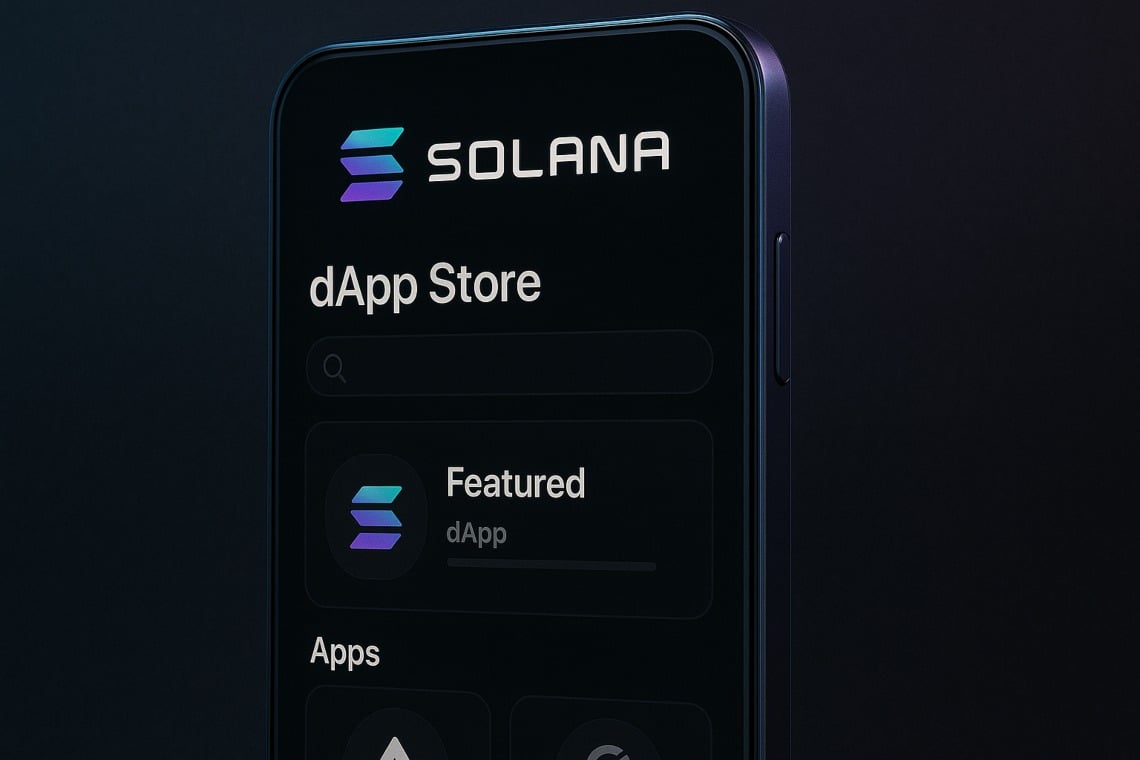Connecticut law prohibits the state from investing in Bitcoin (BTC)
Connecticut passed HB-7082, which prohibits the state from accepting, holding, or investing in Bitcoin and other digital assets. The bill passed the House and Senate unanimously and introduced new requirements for crypto-related remittance agencies to verify parental consent for users under 18 years.
The bill, officially titled “An Act Concerning the Regulation of Virtual Currency and State Investments,” imposed a comprehensive ban on the state and local governments from investing in crypto assets. Separate from money transmission, the bill prohibited Connecticut and its political subdivisions from accepting or requiring payment in the form of virtual currency or purchasing, holding, investing in, or establishing a digital currency reserve. It also stipulated that crypto businesses must adhere to strict anti-money laundering (AML) compliance.
The bill also regulates minors’ access to certain money-sharing applications by imposing restrictions and duties on those businesses. It generally prohibits any business, beginning on October 1, 2025, from allowing anyone to sponsor, open, or establish a money-sharing application account for a minor unless the business receives an attestation from the person stating that he or she is the minor’s parent.
HB7082 imposes two restrictions on crypto custody and control
The new law imposed two restrictions on the handling of crypto by businesses that engaged in the transmission of money within Connecticut by receiving, sending, storing, or maintaining custody or control of virtual currency.
First, it prohibited the businesses from selling, transferring, assigning, lending, hypothecating, pledging, or otherwise using or encumbering virtual currency stored, held, controlled, maintained by, or under the custody or control of the business on a person’s behalf—except for the sale, transfer of ownership, or assignment at the person’s direction. Second, it limited the current law’s provisions authorizing these crypto-related businesses to use designated agents to provide money transmission services on their behalf.
However, regardless of those current authorizations, the bill also prohibited the businesses from directly or indirectly using or engaging any other person, including a virtual currency control services vendor, to store or hold virtual currency for or on behalf of a customer—unless the other person was a licensed money transmitter, a qualified bank or credit union, or approved by the banking commissioner to do so. The bill defined a “virtual currency control services vendor” as someone who controls virtual currency under an agreement with another person who assumes control of this currency on a third person’s behalf.
Under existing law, businesses that engaged in money transmission in Connecticut by receiving, sending, storing, or maintaining custody or control of crypto on behalf of another person were required at all times to hold digital assets of the same type and amount owed or obligated to the other person. The bill also specified that this virtual currency was a property interest of any claimants against the crypto businesses on a proportional basis and in the type and amount to which the claimants were entitled, regardless of when the claimants became entitled or the businesses obtained control.
Connecticut law requires crypto businesses to disclose transaction data
The new law required businesses engaged in money transmission in Connecticut to provide specific disclosures and receipts for these transactions. However, the bill authorized the banking commissioner to waive any of these requirements and approve an alternative disclosure or receipt proposed by a crypto business if he/she determined that the alternative was more appropriate for the business and gave the same information and protection to the public.
In the absence of an approved alternative disclosure, the bill required businesses to provide several disclosures before entering into a crypto transaction for, on behalf of, or with a person. Specifically, the businesses must clearly disclose relevant details to the extent applicable to the transaction.
The Connecticut new law also requires businesses to give people specific receipts once the transactions are completed. The receipt must include the business’s name, contact information, and a description of how a person may ask a question or file a complaint. The details also include the transaction’s type, date, precise time, and value in U.S. dollars, and any consideration the business charged for the transaction, including any charge, fee, or commission, and the amount of any difference between the price the person paid for the virtual currency and its prevailing market price.
Cryptopolitan Academy: Want to grow your money in 2025? Learn how to do it with DeFi in our upcoming webclass. Save Your Spot

